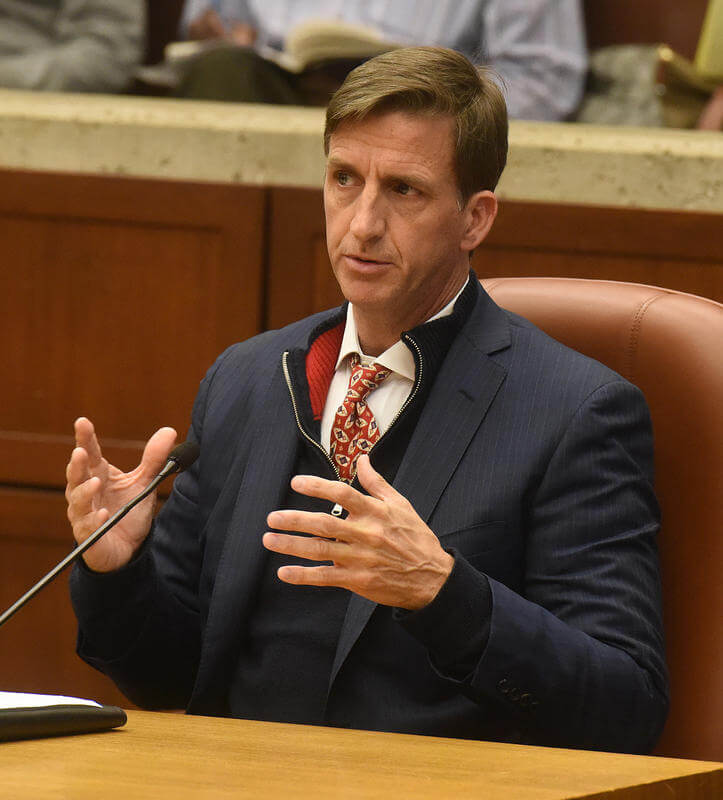Ex-Boston IndyCar race CEO says aides ‘pushed’ race ticket sales
 |
| John Casey claims government officials wanted the ticket sales to proceed early |
The former CEO of the Grand Prix of Boston claims in new court documents that top aides to Mayor Martin J. Walsh and Gov. Charlie Baker "pushed" him to start selling tickets to the planned IndyCar race even though promoters hadn't secured a key permit.
John Casey, the former CEO now being targeted in numerous lawsuits, alleges that the Walsh and Baker administrations, as well as race sponsors, fully approved of the sales plan that ended up stiffing thousands of fans who bought tickets to the since-canceled race.
In the complaint filed this week in Suffolk Superior Court, Casey claims Walsh and Baker aides wanted him to sell tickets "so that the race could sell out" before the planned Labor Day event and "allow for the implementation of an effective transportation and parking" plan.
"Casey … was not the sole decision maker regarding the ticket sales," the complaint alleges, adding that the Walsh and Baker administration officials "led stakeholder meetings and instructed and approved BGP's sale of tickets."
Several thousand fans bought tickets before the race fell apart in late April, leaving Casey and the Grand Prix owing more than $1 million in refunds. The broke promoter was unable to pay back all the ticket holders, prompting Attorney General Maura Healey to file suit to force Casey to refund the money.
Many ticket holders have since gotten their money back after the national IndyCar organization agreed to cough up more than a half-million dollars for refunds.
Casey's new complaint seeks to shift blame for the ticket fiasco to the city and state, as well as the national IndyCar organization, the online merchant fundraise.com and the former chief financial officer of the Grand Prix.
Casey specifically identifies the officials who pushed him to launch ticket sales as Patrick Brophy, chief of operations for City Hall; MassDOT highway administrator Thomas Tinlin; and Joel Barrera, deputy chief of staff for the governor.
He also says the race sponsors, through former Grand Prix COO Jim Freudenberg, pressured him to sell tickets despite the failure of promoters to secure all the necessary permits.
The former race CEO, who has been sued by numerous sponsors and vendors seeking their money back, also claims that the ticket merchant fundraise.com agreed as part of its deal to allow the Grand Prix to spend the proceeds from the ticket sales.
The financially troubled race collapsed after promoters failed to secure a needed permit to build the race course in a newly designated flood zone in Boston's Seaport district.
Casey blames his consultants for not telling him about the needed permit, and also repeats his claim that Walsh supported the idea of moving the race course out of the flood zone but IndyCar nixed that idea, in effect causing the race's cancellation.
Casey himself announced the race was off in late April, charging the city was making it too difficult to secure approvals.
Baker's press secretary sent a statement last night: "The administration doesn't generally comment on pending litigation, but was pleased to implement steps to protect Massachusetts taxpayers."
A Walsh spokeswoman said the city would not comment on Casey's new charges. Joe Battenfeld/Boston Herald
